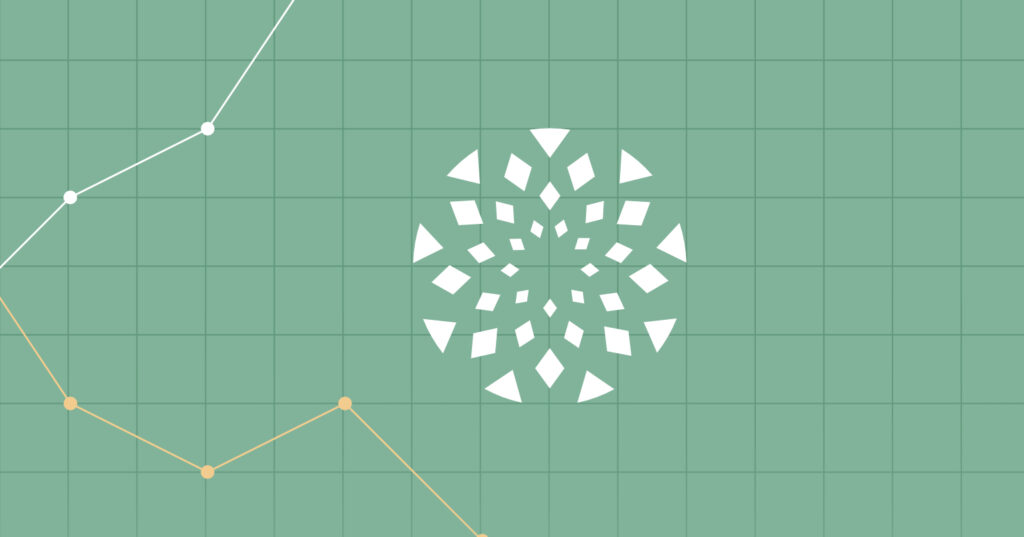The Effects of Abortion Decision Rightness and Decision Type on Women’s Satisfaction and Mental Health
Abstract
Background
A case series report based on the Turnaway Study has previously concluded that 99% of women with a history of abortion will continue to affirm satisfaction with their decisions to abort. Those findings have been called into question due to a low participation rate (31%) and reliance on a single yes/no assessment of decision satisfaction.
Aim
To utilize more sensitive scales in assessing decision satisfaction and the associated mental health outcomes women attribute to their abortions.
Method
A retrospective survey was completed by 1,000 females, aged 41-45, living in the United States. The survey instrument included 11 visual analog scales for respondents to rate their personal preferences and outcomes they attributed to their abortion decisions. A categorical question allowed women to identify if their abortions were wanted and consistent with their own values and preferences, inconsistent with their values and preferences, unwanted, or coerced. Linear regression models were tested to identify which of three decision scales best predicted positive or negative emotions, effects on mental health, emotional attachment, personal preferences, moral conflict, and other factors relevant to an assessment of satisfaction with a decision to abort.
Results
Of 226 women reporting a history of abortion, 33% identified it as wanted, 43% as accepted but inconsistent with their values and preferences, and 24% as unwanted or coerced. Only wanted abortions were associated with positive emotions or mental health gains. All other groups attributed more negative emotions and mental health outcomes to their abortions. Sixty percent reported they would have preferred to give birth if they had received more support from others or had more financial security.
Conclusions
Perceived pressure to abort is strongly associated with women attributing more negative mental health outcomes to their abortions. The one-third of women for whom abortion is wanted and consistent with their values and preferences are most likely over-represented in studies initiated at abortion clinics. More research is needed to understand better the experience of the two-thirds of women for whom abortion is unwanted, coerced, or otherwise inconsistent with their own values and preferences.
Read Complete Article



























